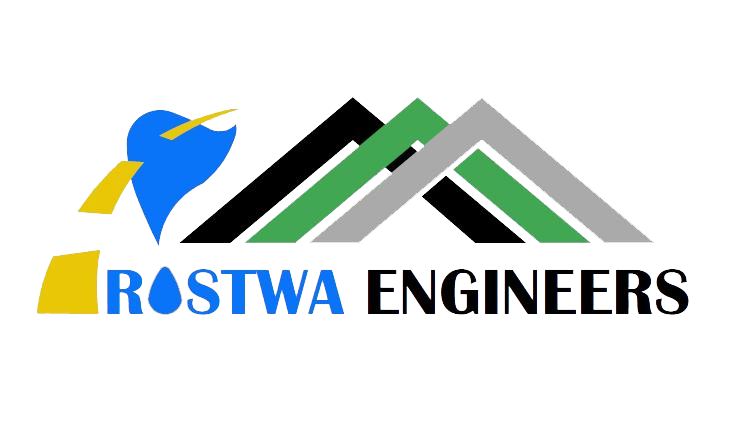Tips on how to plan your day at work
Planning can help you maximize your time at work, handle challenges better and increase your motivation. Here are few tips to help you plan your workday:
 Keep a to-do list: Taking five to 10 minutes at the beginning of each day to write out a to-do list, on paper or digitally, can help promote focus and increase productivity. Adding to the initial to-do list throughout the day can help you keep a clear idea of your goals.
 Find a schedule and stay with it: Determine the time of day when you feel you’re at your best and try to get most of your work done during those hours. Staying consistent with your schedule can also help you be more productive. Just as important as choosing a schedule is making sure you can commit to it.

Take breaks: Taking 10-15 minutes every couple of hours to stretch your body and focus on something other than work can help keep you energized and excited about your job.
Reduce multitasking: Multitasking may sound like the perfect way to get many things done at once, but unfortunately, this not true in many situations. You may even find that multitasking can actually take longer than completing tasks individually.
Identify distractions: Emails, texts and phone calls are a few common reasons behind distraction. Schedule specific times to take care of emails, for example, to stay on task and not get distracted by every new message in your inbox.
Tackle tasks in order of importance: Instead of starting your day with smaller tasks like answering emails, begin by addressing your largest or most stress-inducing task. This might take the largest amount of time in your day, but it ultimately will help your workflows move faster.
Set goals and reward yourself: Setting goals can help you become better at your job through motivation. You can set goals for staying organized, like challenging yourself to make a to-do list every day. Or, you can set professional goals that can help you stay engaged at your job.





















